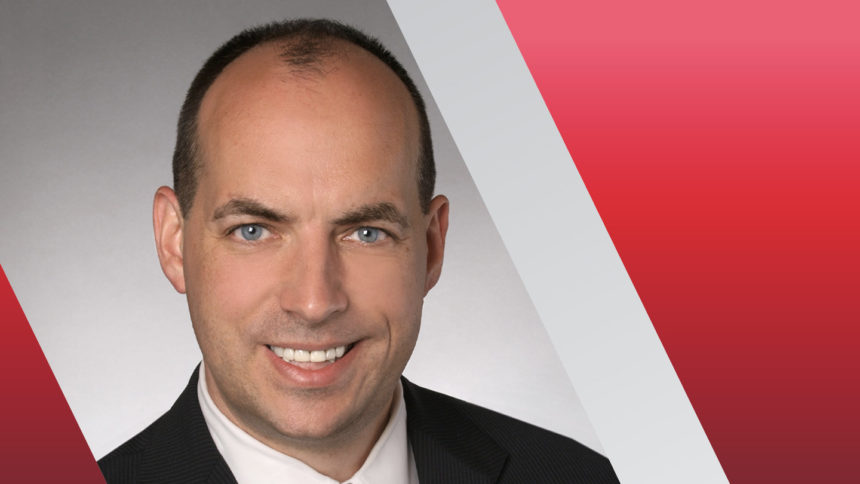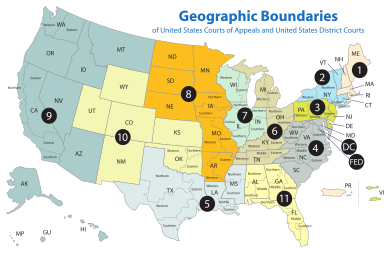

Neither healthcare defendants nor the plaintiffs’ bar fully received what they wanted Monday, when the Supreme Court declined to consider petitions for three cases that could have led to stricter standards for accusers in False Claims Act lawsuits. One of the cases involved managed care provider Molina Healthcare, which has been accused of charging for nursing home services it didn’t provide.
The nation’s highest court passed on considering the cases, which each deal with how much detail whistleblowers need to provide. It made no comment in issuing its order. That leaves exactly half of the country’s Circuit Courts requiring more specifics from whistleblowers, while the other half don’t.
About 95% of False Claims cases are healthcare-related, and long-term care has been party to a fair share, noted Matthew J. Murer, healthcare chairman at national law firm Polsinelli.
“As is so often the case with healthcare providers, there’s no good news in this. It’s continued chaos,” he told McKnight’s Long-Term Care News of the implications of Monday’s ruling. “Providers were really hoping for the Court to say ‘You have to plead with specificity, with the names of beneficiaries affected, the claims, the dates, and more.’ But the Court declined to do that. Some providers in some circuits will have an easier go of it and some won’t. But at least it’s not closed for everybody.”
The Supreme Court’s decision allows a whistleblower case against managed care company Molina to move forward, as upheld earlier by the 7th US Circuit Court of Appeals. A subcontractor filed suit after it discovered that Molina was still charging for services it no longer provided. Monday’s ruling declined to allow summary judgment in Molina’s favor.
The High Court’s ruling Monday also allowed the dismissal of two other whistleblower cases in circuits where greater detail of proof is required.
Under intense scrutiny is a rule that requires whistleblowers alleging “fraud or mistake” to “state with particularity the circumstances constituting fraud or mistake.” This can be difficult for one-time employees of an accused company to supply with much specificity, especially if they have left the company.
Providers, meanwhile, desire as much detail as possible so they can address allegations head-on and assess whether mistakes were made or actions misinterpreted. They also can point out staff training and education programs that were in place to avoid problems like these, Murer noted.
“I think people on both sides were hoping, and kind of fearful, the Supreme Court might come down with a new standard for what kind of specificity was going to be,” Murer noted. “But the Court passed. Now will they come back and revisit in a few years? They could. But they must feel it’s working out well enough.”
A time to be nervous?
Numerous long-term care therapy providers have been accused of upcoding in False Claims cases in recent years. In the Molina case, the large insurer was allegedly caught billing for services it had stopped providing and had not attempted to replace, according to lower court documents. No long-term care providers would be directly implicated, Murer pointed out, unless they had joined in some kind of conspiracy to overbill.

Another legal filing among the three intertwined cases noted that the 1st, 2nd, 4th, 6th, 8th and 11th Circuit Courts have ruled that plaintiffs must file with specific details. The 7th Circuit, which is where the Molina case is based, as well as the 3rd, 5th, 9th, 10th, and DC Circuits do not require plaintiffs to plead “specific details of actual false claims.”
“The good news is if you’re a healthcare provider, it’s good to live in a circuit where it’s a conservative rule, which means they have to be really specific in their pleadings as to exactly what the fraud was, how was the government cheated out of it, so that’s really good,” Murer explained. “For both sides, you still now have the ability to argue — even if you’re in one of those ‘bad’ circuits — that (the courts) should rethink this, there’s a better approach to it. Unfortunately, it’s like so many things in law. Everybody would like a little more certainty — it would make life better for everybody. But it depends on which certainty you get.”
Murer said the takeaway remains constant for providers.
“Have a robust compliance plan. Always follow up on complaints or issues that are raised so you don’t have an issue down the road,” he advised. “Do your training. Then, if something doesn’t seem right or seems problematic, get professional advice.”




